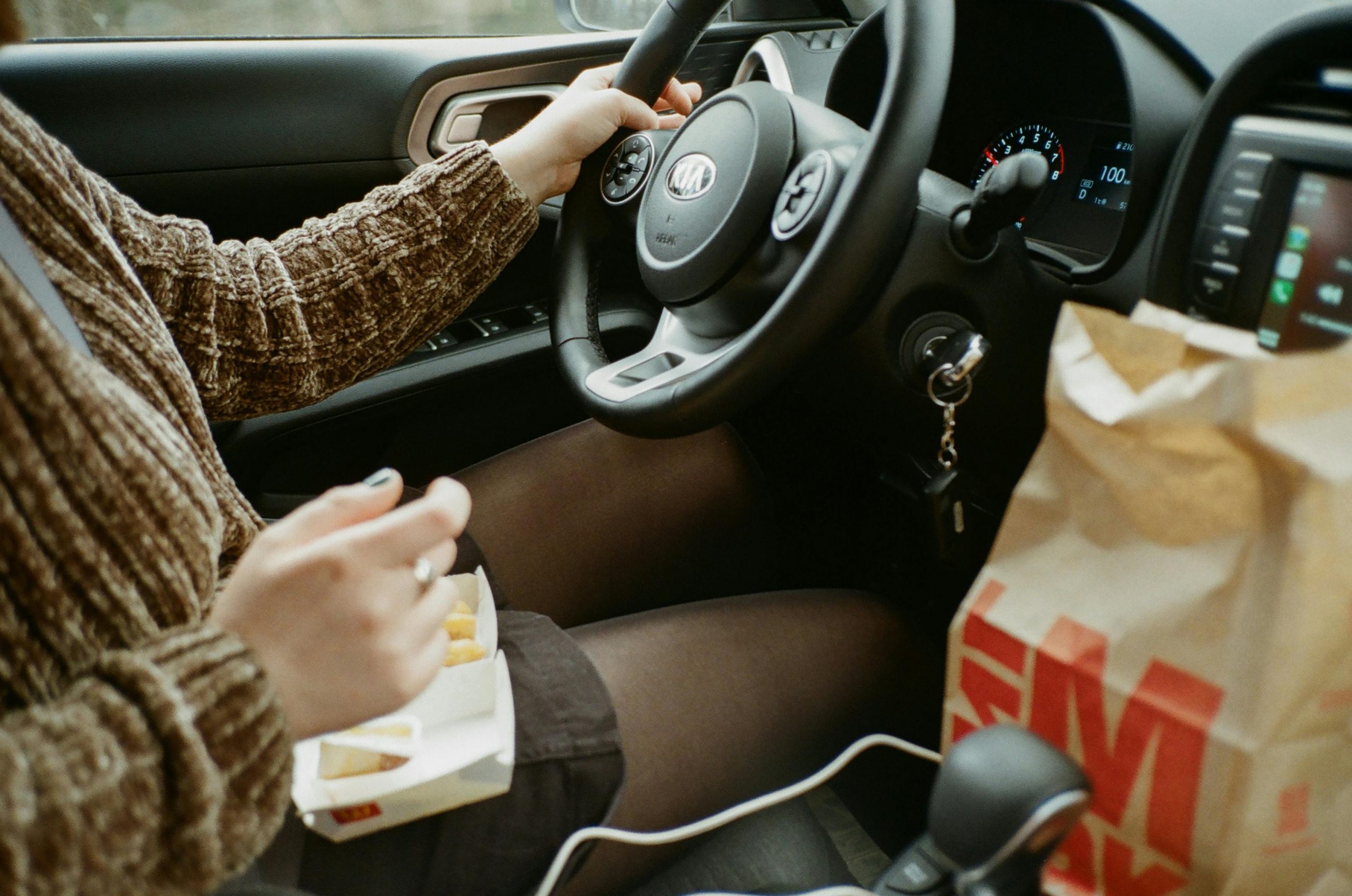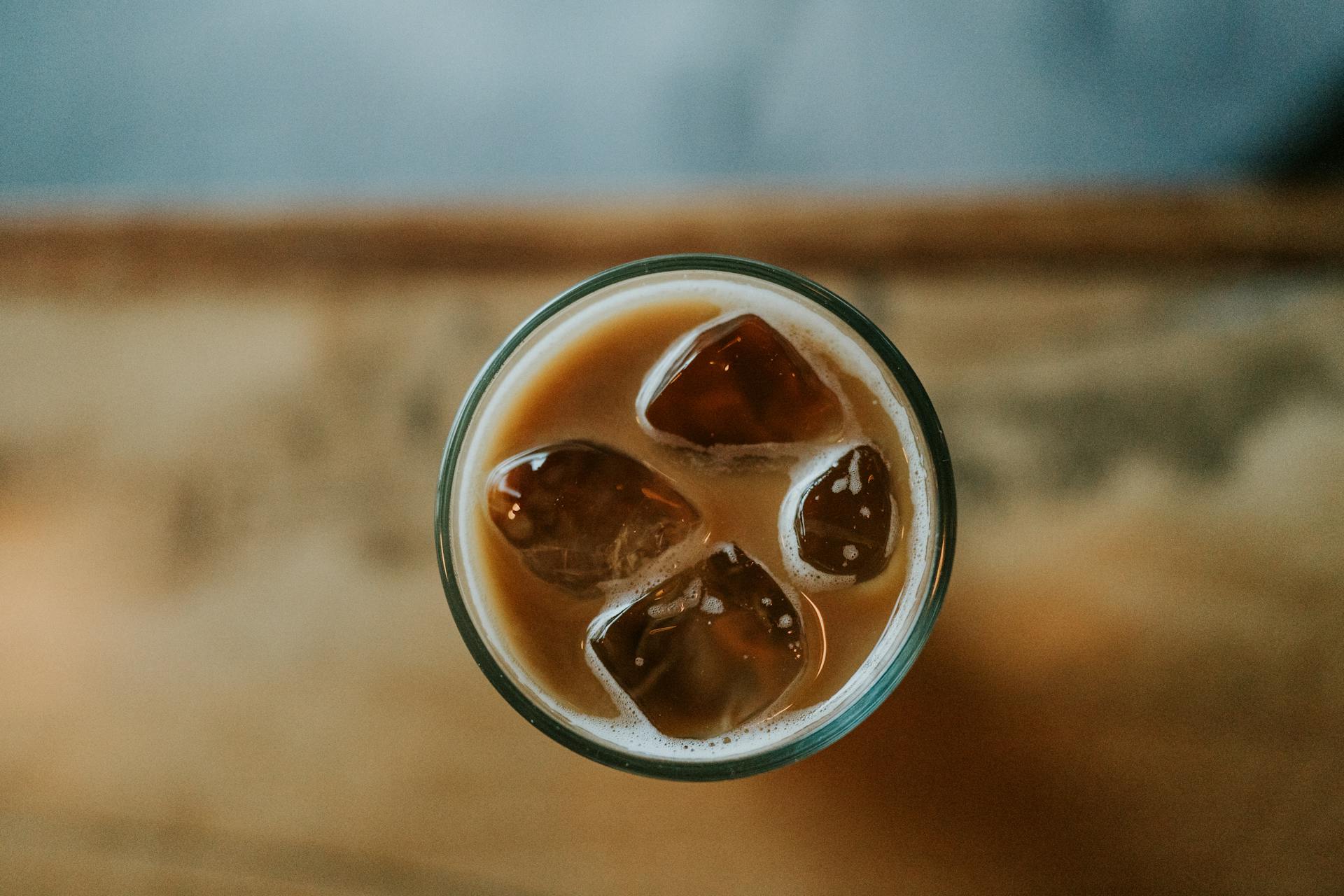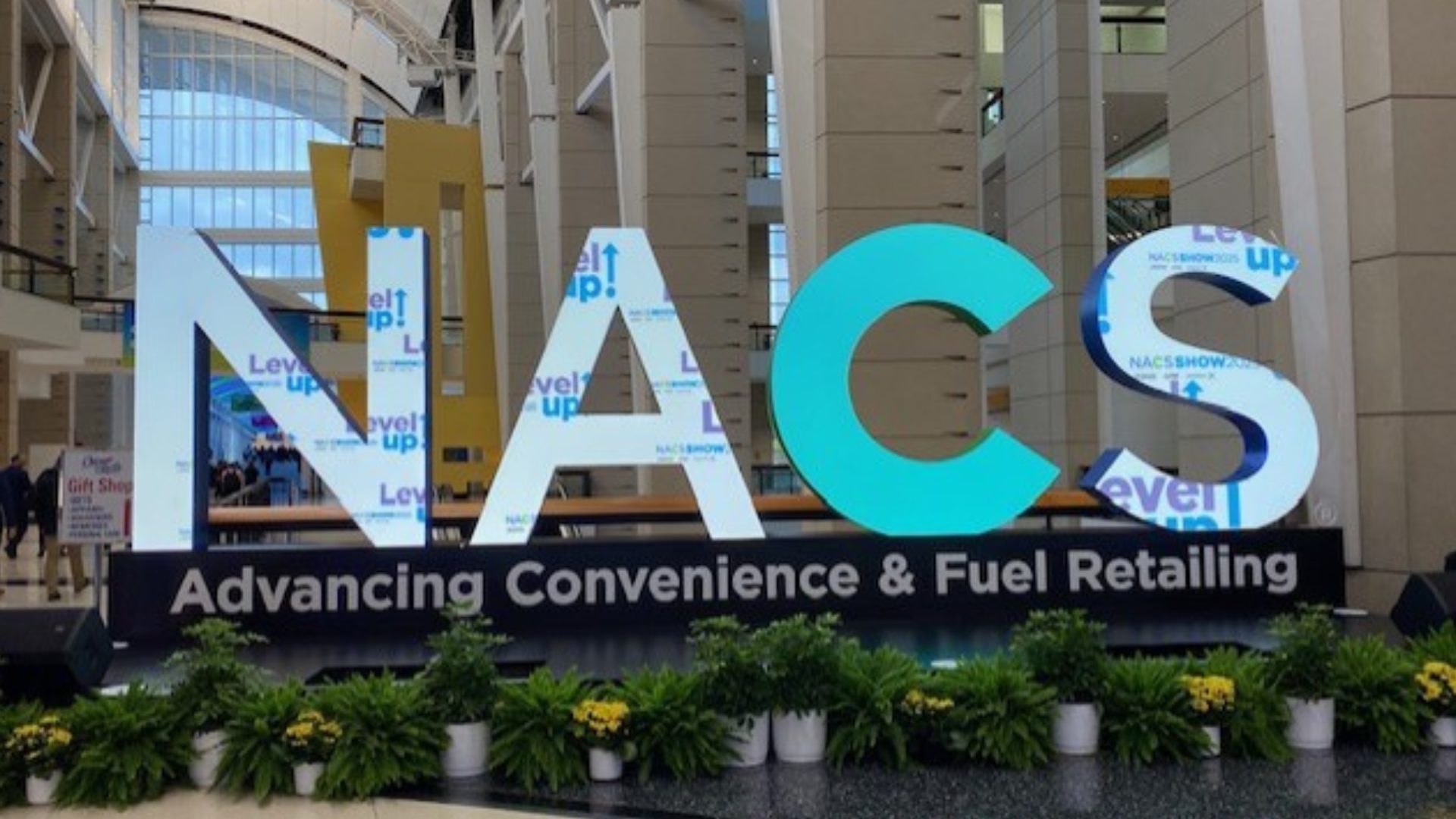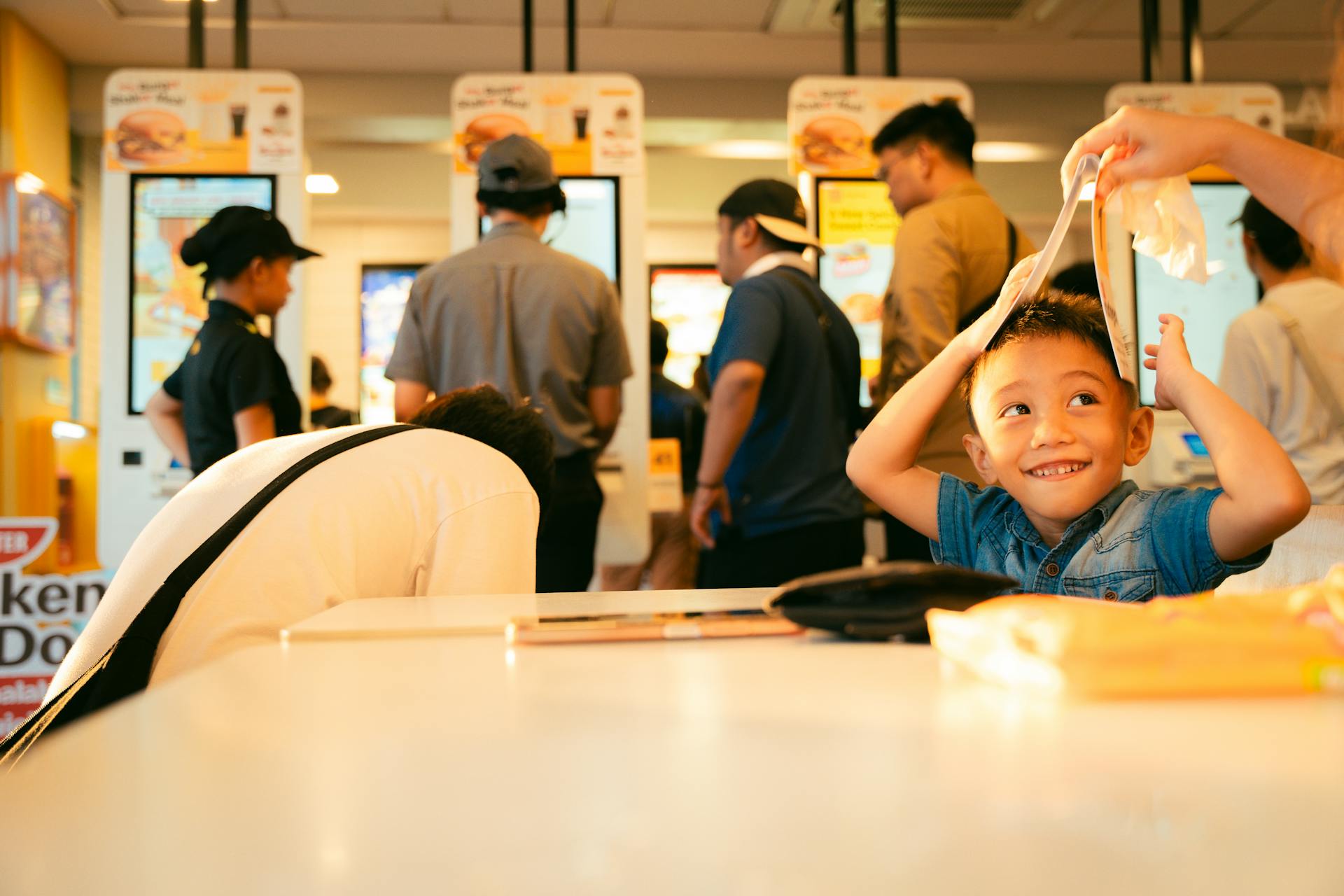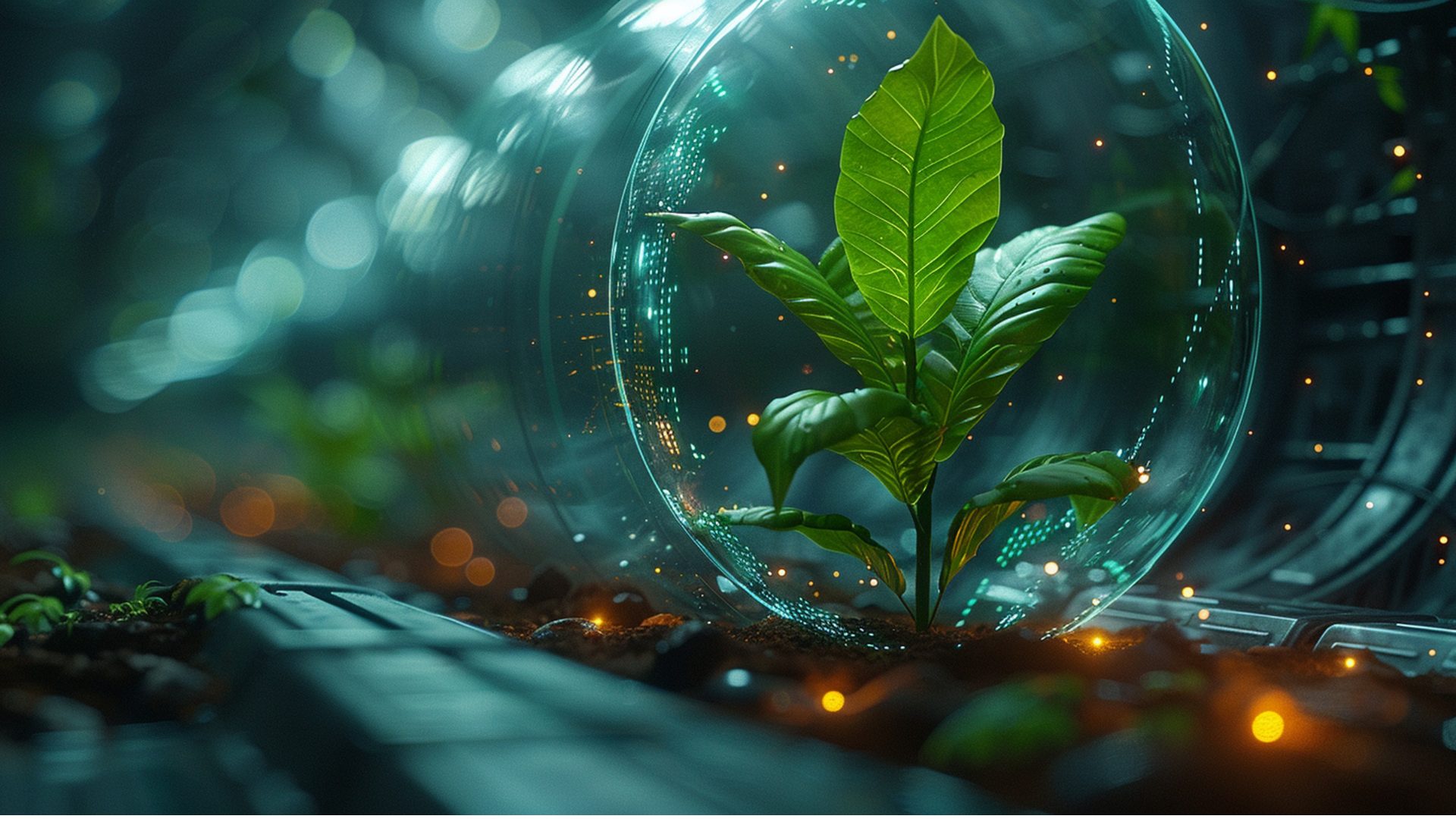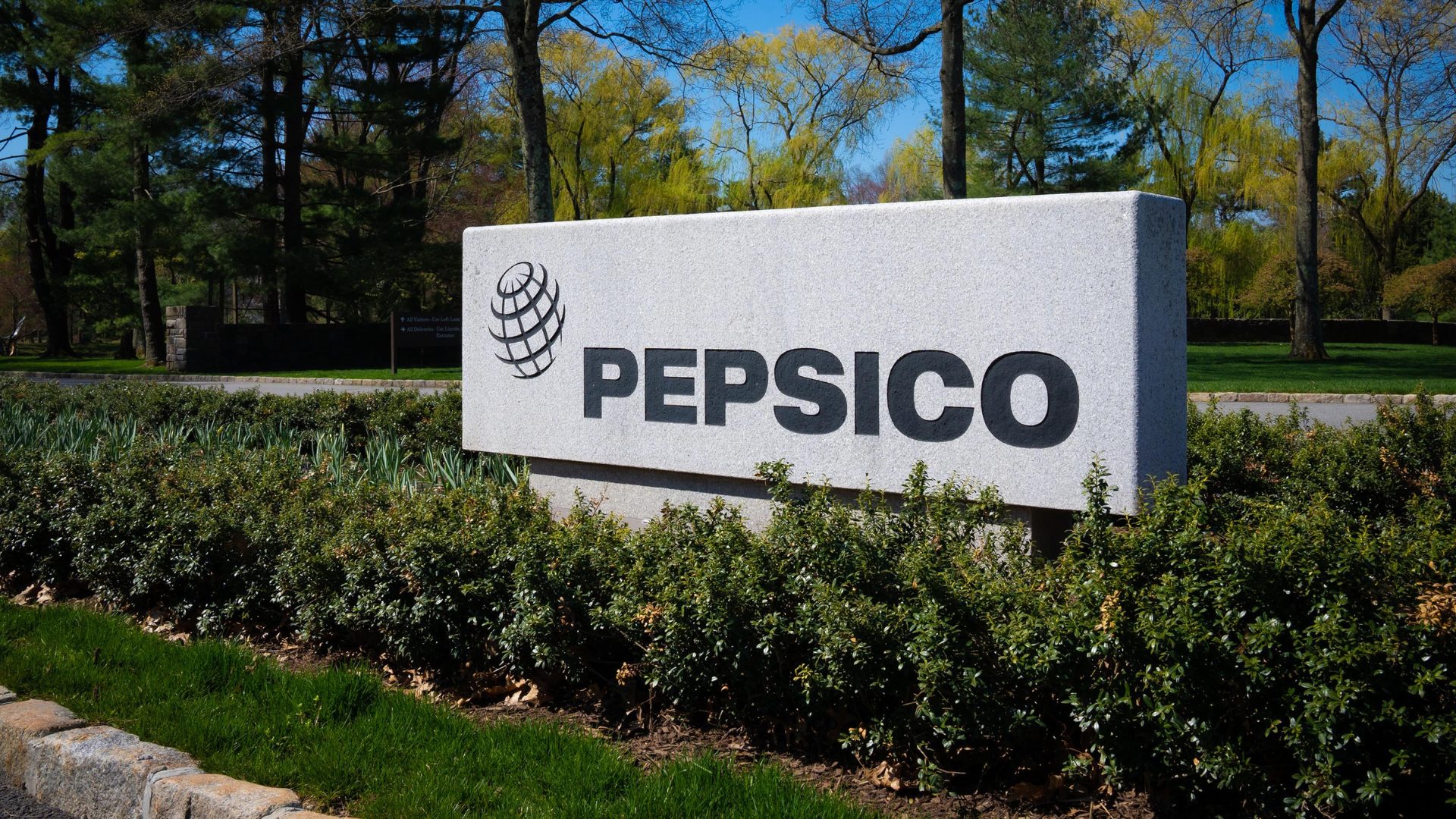Several major food companies have recently made headlines with sustainability-forward initiatives.
Chipotle
With the debut of Real Foodprint, Chipotle Mexican Grill becomes the first brand to provide detailed sustainability impact data about its ingredients for guests.
Real Foodprint is a sustainability impact tracker that compares average values for each of Chipotle’s 53 real ingredients to their conventional counterparts against five key metrics.
The metrics include Less Carbon in the Atmosphere, Gallons of Water Saved, Improved Soil Health, Organic Land Supported, and Antibiotics Avoided. At the order confirmation screen on the Chipotle app and Chipotle.com, guests will receive data on these five metrics for the ingredients included in their order.
Metrics for Real Foodprint are provided by HowGood, an independent research company with the world’s largest database on food sustainability. HowGood aggregates information from Chipotle’s suppliers and over 450 unique data sources, including peer-reviewed scientific literature, industry findings, and research from government and non-governmental organizations, to evaluate the average impact of Chipotle’s ingredients on the environment and animal welfare.
Burger King
Burger King partnered with Loop to launch reusable packaging systems in New York, Portland, OR, and Tokyo in 2021. Initially, the company will use Loop’s zero-waste packaging system as an alternative for items, including beverage cups and sandwich containers.
Participating restaurants will feature a collection system, in which guests can return the packaging to be safely cleaned through Loop and reused at Burger King restaurants. Those who opt for the reusable packaging are charged a deposit at the time of purchase, and when the packaging is returned, they receive a refund.
“As part of our Restaurant Brands for Good plan, we’re investing in the development of sustainable packaging solutions that will help push the foodservice industry forward in reducing packaging waste,” said Matthew Banton, head of innovation and sustainability, Burger King Global. “The Loop system gives us the confidence in a reusable solution that meets our high safety standards, while also offering convenience for our guests on the go.”
Coca-Cola
Closure Systems International (CSI) and Coca-Cola recently partnered to introduce a beverage closure made of 30% post-consumer recycled (PCR) content.
All of CSI’s closures that include PCR are 100% recyclable and are produced from recycled milk jugs—helping divert waste from landfills. The FDA-grade closures are commercially available for applications in still and sparkling water, carbonated soft drinks, non-carbonated beverages, and liquid dairy markets, as well as in various food and personal care applications.
No Evil Foods
Plant-based meat brand No Evil Foods partnered with rePurpose Global to offset its plastic footprint.
The brand committed to going plastic negative by funding the recovery and recycling of 2 lbs. of plastic waste for every 1 lb. it generates. By doing so, No Evil Foods will become the first plant-based meat company to take a plastic-negative stance.
“As a food manufacturer, plastic is a necessity to create safe products, but we can’t ignore our participation in a pressing global plastic-waste problem,” said Sadrah Schadel, co-founder of No Evil Foods. “For No Evil Foods, that means committing to plastic neutrality and choosing to do business responsibly and sustainably by removing twice as much plastic waste generated from our packaging. Until viable alternatives exist, we will continue to seek ways to manage the impact of the creation of our products.”





